Frosted Flatwoods Salamander
Ambystoma cingulatum
Status: Imperiled
Frosted Flatwoods Salamanders have a dark gray or black base with white spots all over the top of its body. The adults are about 5 inches in length and they are long and slender. Their long tails are rounded and used for defense and also for reproduction. These flatwoods salamanders are a solitary species which means they spend most of their time alone.
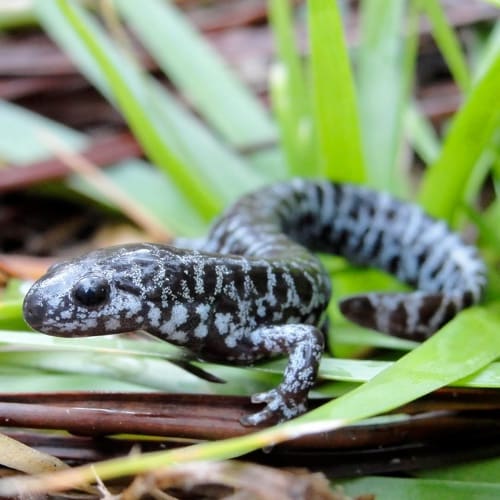
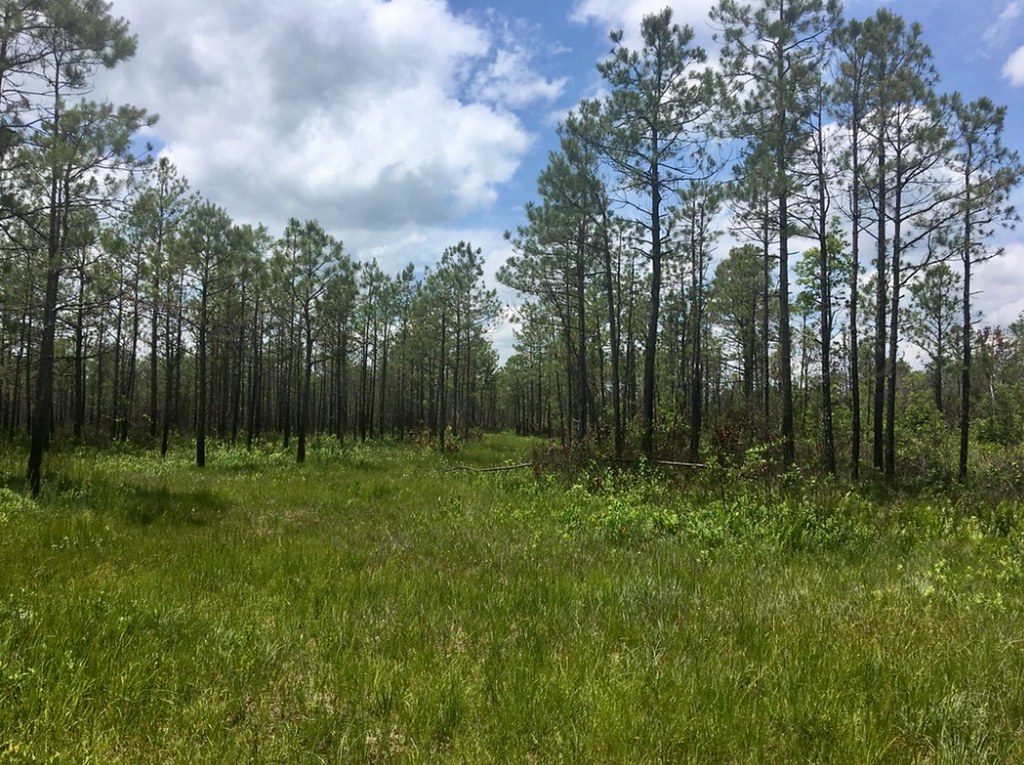
Habitat & Range
Frosted flatwoods salamanders are mostly found in the southeastern states from South Carolina to Florida. These salamanders live mostly on land in the longleaf pine flatwoods where there are tall grasses and trees. During breeding seasons, they live near wet habitats like swamps and marshes.
Food Web & Energy Flow
The diet of adult frosted flatwoods salamanders is made up of mostly earthworms and spiders. They are carnivores and also considered secondary consumers.
With their dark body and white spots, the frosted flatwoods salamanders are able to avoid predation by blending in with the brush.
Relationship to Fire
Since the frosted flatwoods salamanders are commonly found in grassy areas, they need fires to help clear some of the unwanted ground cover to help them find food. The fires also promote the growth of wiregrass which are commonly inhabited by these salamanders. With increased groundcover, there is also an increase in the flatwoods salamanders prey.
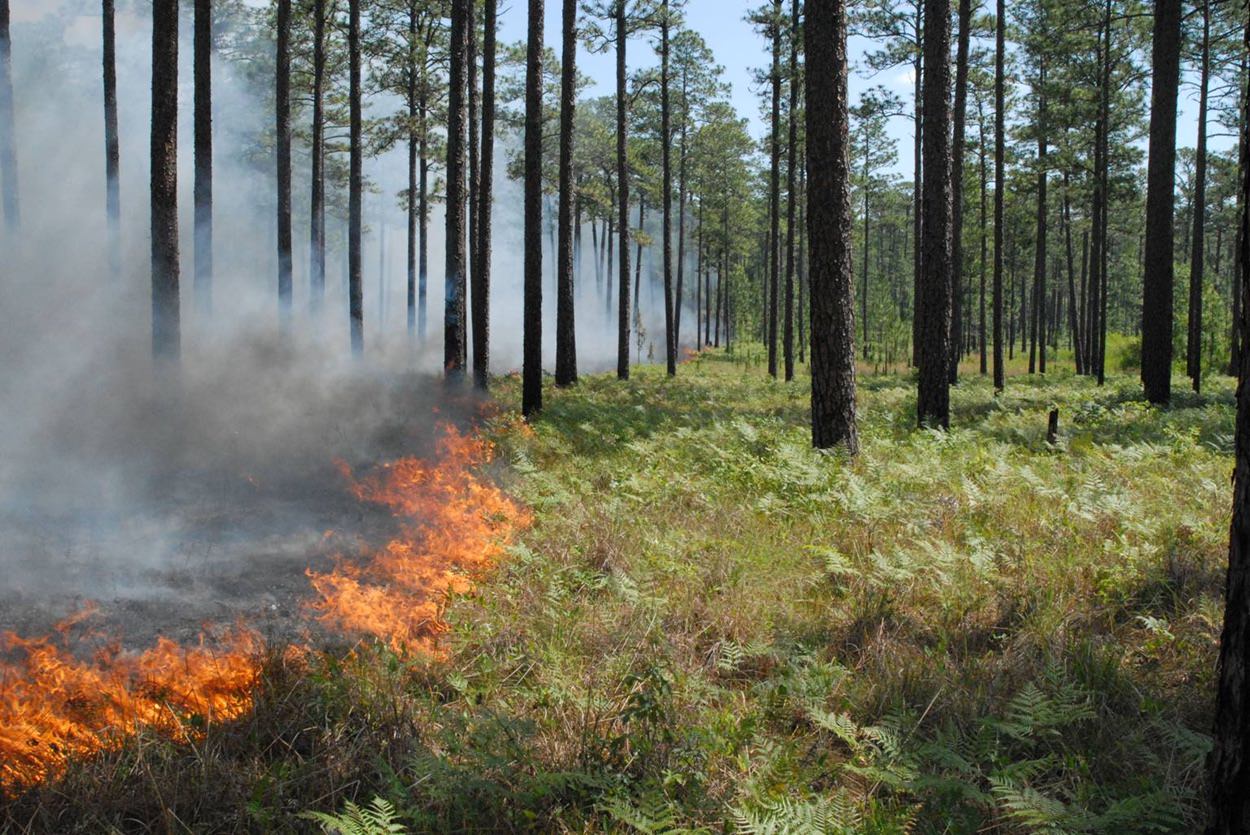
Conservation Status
The longleaf pine flatwoods has been experiencing fire suppression and habitat loss due to agricultural land uses. These factors have impacted the flatwoods salamanders' habitat, causing them to become Imperiled.
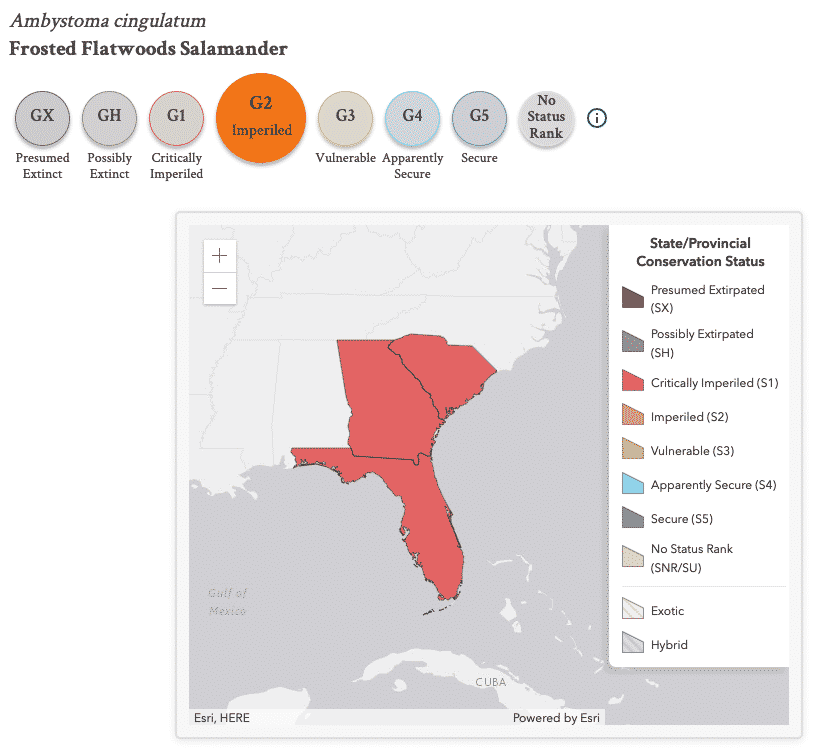
Human Impacts/ Threats
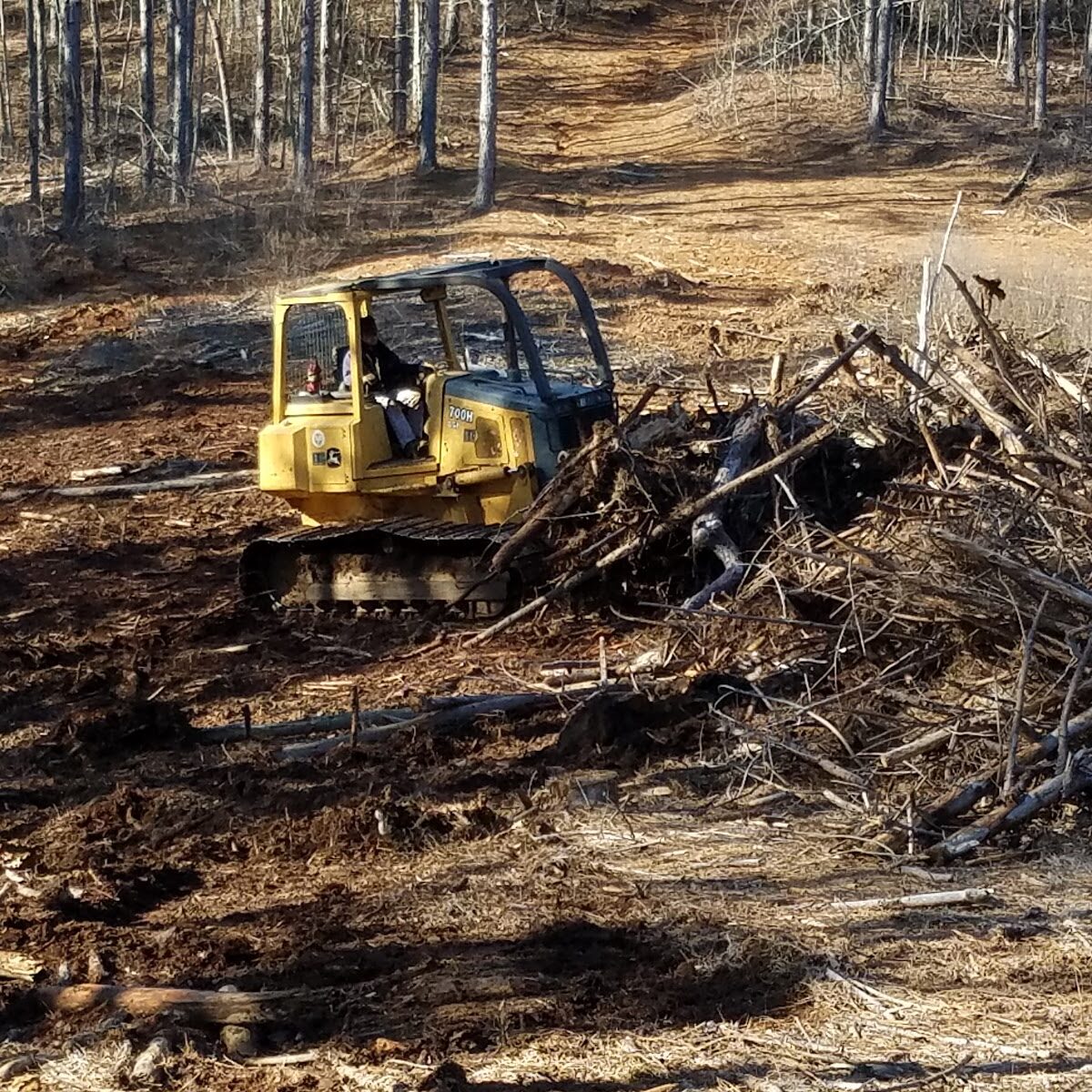
Land Use Conversion
Longleaf forests and the habitat it supports is being cleared or converted to use the land for other uses like houses, roads, agriculture, and even to grow different types of trees to sell.
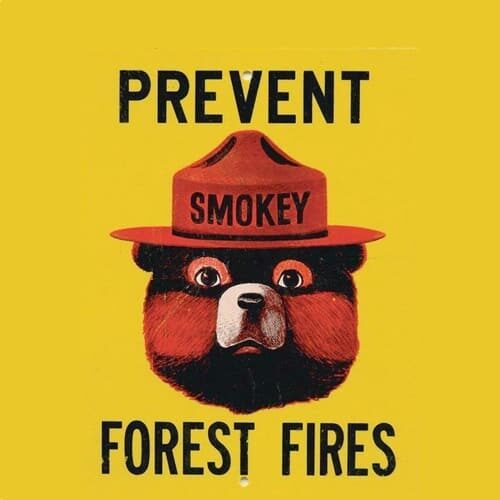
Fire Suppression
Many people think of fires in the forest as bad, so they work hard to prevent or suppress them. But longleaf forests NEED regular fire to support habitat for the species that live there!
Resources
U.S. Fish & Wildlife Service. Flatwoods Salamander
Animal Diversity Web. Frosted flatwoods salamanders
Savannah River Ecology Laboratory. Species Profile
